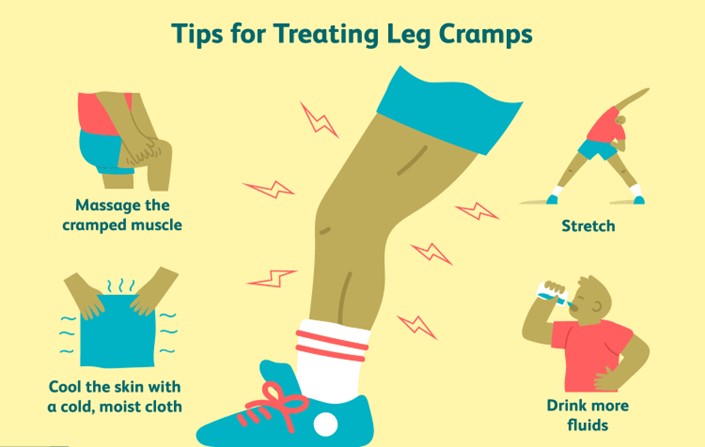The practical nurse (PN) observes unlicensed assistive personnel (UAP) bathing a bedfast client with the bed in a high position. Which action should the PN take?
Assume care of the client immediately.
Remain in the room to supervise the UAP.
Instruct the UAP to lower the bed for safety.
Determine if the UAP would like assistance.
The Correct Answer is C
Instruct the UAP to lower the bed for safety.
This is the best action for the PN to take because it ensures the client's safety and prevents potential falls or injuries. The PN should also educate the UAP on the importance of lowering the bed when providing care to a bedfast client.
A. Assuming care of the client immediately is not necessary and may undermine the UAP's confidence and competence.
B. Remaining in the room to supervise the UAP is not appropriate and may interfere with the client's privacy and dignity.
D. Determining if the UAP would like assistance is not a priority and may not address the safety issue.
Nursing Test Bank
Naxlex Comprehensive Predictor Exams
Related Questions
Correct Answer is A
Explanation
This is the best action for the PN to take because it provides immediate relief for the client's pain, which can be severe and debilitating in Herpes zoster. The PN should also assess the client's pain level, location, and characteristics and document the response to the medication.

Correct Answer is B
Explanation
This is the best intervention for the PN to implement because it relieves the muscle spasm and reduces the pain of a leg cramp. Leg cramps are common during pregnancy and labor due to changes in calcium levels, fluid balance, or pressure on nerves and blood vessels.

A. Massaging the calf and foot is not recommended because it may increase pain or cause injury to the muscle or nerve.
C. Checking the pedal pulse in the affected leg is not necessary unless there is a suspicion of vascular compromise or thrombosis, which are unlikely causes of a leg cramp.
D. Elevating the leg above the heart is not helpful because it may impair blood flow or increase pressure on the nerve or muscle.
Whether you are a student looking to ace your exams or a practicing nurse seeking to enhance your expertise , our nursing education contents will empower you with the confidence and competence to make a difference in the lives of patients and become a respected leader in the healthcare field.
Visit Naxlex, invest in your future and unlock endless possibilities with our unparalleled nursing education contents today
Report Wrong Answer on the Current Question
Do you disagree with the answer? If yes, what is your expected answer? Explain.
Kindly be descriptive with the issue you are facing.
